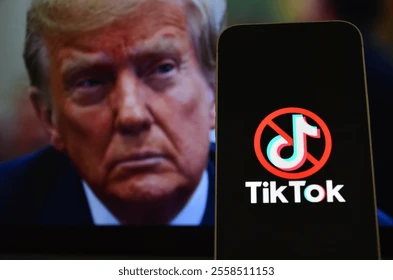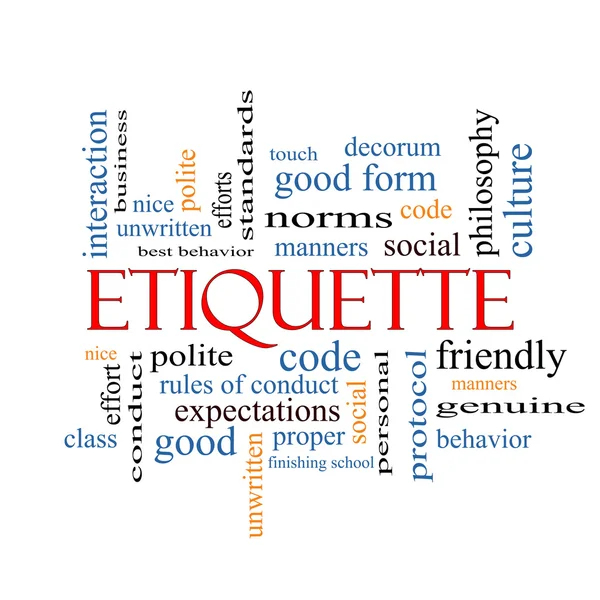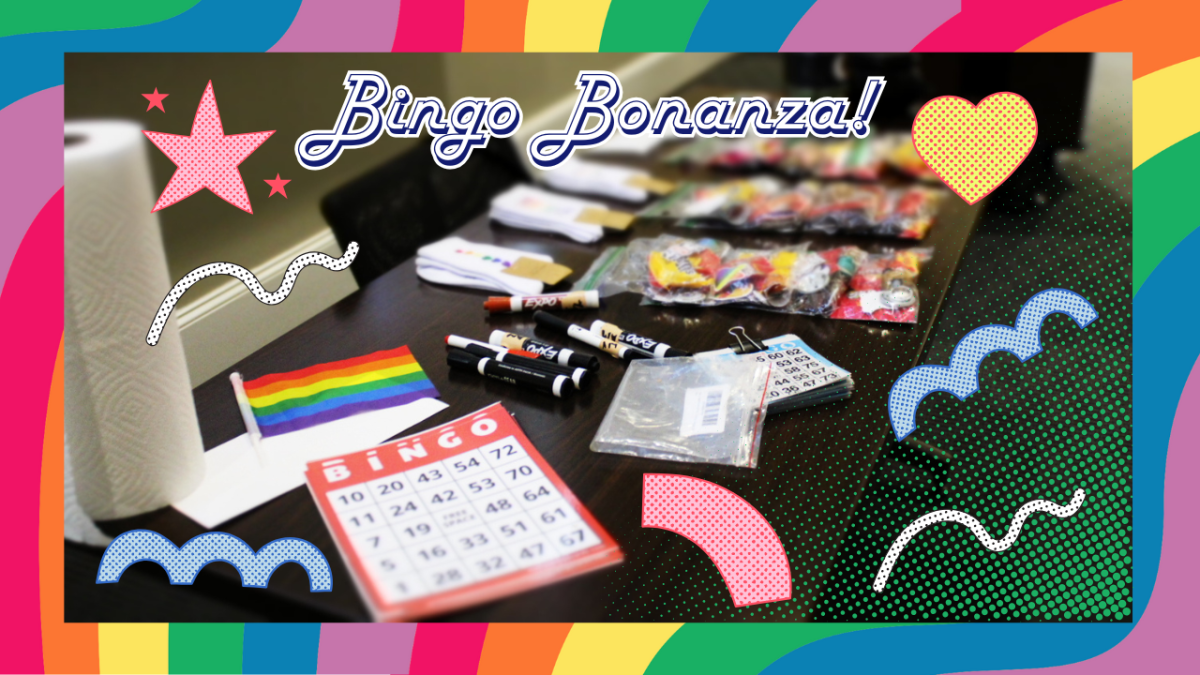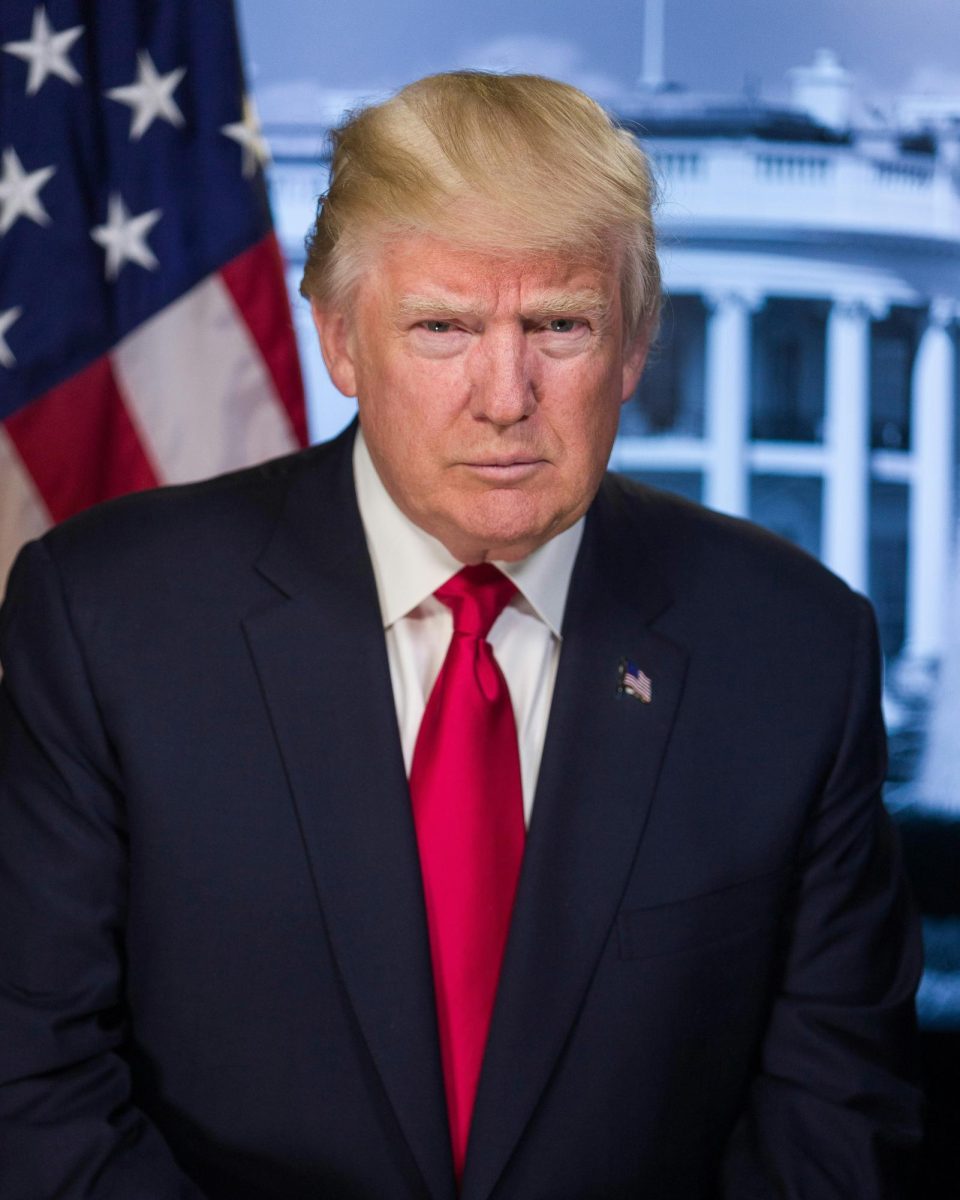The United States government is targeting popular social media TikTok due to its Chinese parent company ByteDance harvesting user data. This sentence would have meant nothing years ago, but nowadays it seems to be basic knowledge amongst Gen Z and politically involved millennials. Unless ByteDance chooses to sell its app to an American company, or if the Supreme Court chooses to drop the motion to ban it, the app will be inaccessible legally starting January 19th. Is this going to be positive or negative… and why should you care?
An app known by most, TikTok has 170 million users monthly and has stood out against competitors during this upcoming era of short-term content due to how easy it is to create and how even easier it is to consume endless media. Feeding into the growing need for instant gratification, TikTok has been the main cause for doubling screen times and rapidly decreasing attention spans, as well as a new term coined by many in online spaces: doom-scrolling.
According to Google, doom-scrolling can be defined as “the action of continually scrolling through and reading depressing or worrying content on a social media or news site, especially on a phone.” However, it has recently become a way to describe the process of spending countless hours scrolling through short-term content, mainly on TikTok, without being able to completely pull yourself away. When researchers have attempted to study the peculiar relationship between TikTok and teenagers, they always include the perspective of teenagers who report that TikTok makes them happy and comforted, as well as the fact that they see it as a social activity. This is concerning as we are watching instances of social anxiety and medication dependency rise among young people.
However, there is another argument for the app’s likely ban, and it has all to do with the government our country is run by. Many who feel strongly about this topic are reaching out to the public with the belief that the TikTok ban isn’t about national security as much as it’s about censorship. As Attorney Noel Francisco, who is representing TikTok, has stated, “The real target of a TikTok ban is free speech itself.”
By taking the life out of an app that has allowed perspectives to be shared and art to be made, they believe that the government is placing a burden on free speech. In a time of book bans and societal tension regarding politics, it is not hysterical to feel as though we are allowing our government too much control over what we consume.
While the United States government has its sights set on the amount of data Chinese governments are storing, our president is becoming closer with Mark Zuckerberg and Elon Musk, two owners of social media apps that also store plentiful amounts of data. In the eyes of many, the issue is not about protecting the consumer but deciding which government can access the demographics of America’s online users. Of course, to address the elephant in the room, China has different policies concerning privacy and free speech, which America fortunately does not abide by. It does benefit us to be under the American government and not China, but that does not mean it is wrong to be concerned as America is adopting a policy that mirrors the more censored ways of China. After all, it has always been in the best interest of the people to stay educated and opinionated, as that is the idea behind which America was formed.






